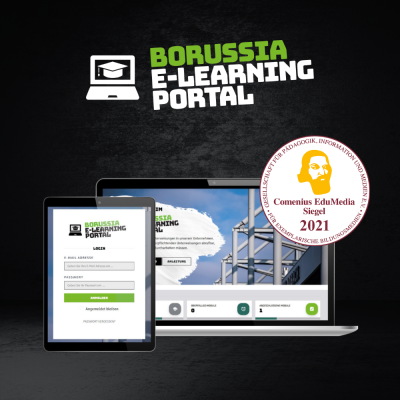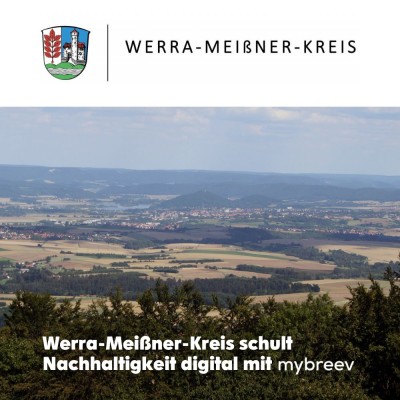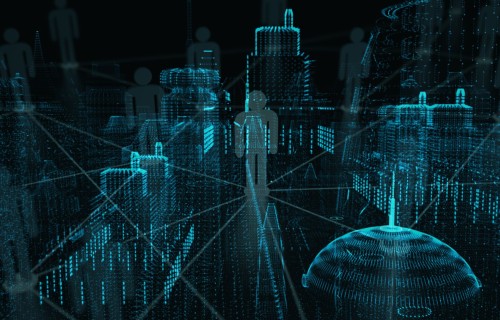The time after: Actively managing the risks of change
Breathe a sigh of relief – a feeling of relief spreads when looking at the latest Corona statistics. Even though experts continue to warn against too rapid relaxations and another wave arising, companies are already busily preparing for the post-pandemic period. Much has changed since the first reports emerged from China's Wuhan in December 2019. While many employees have been primarily home-based since then, others have had to temporarily close their businesses. The aftermath of this drastic change can be felt everywhere – even in the boardrooms. Some companies have already announced that they will continue to allow home office and flexible working hours in the future. At the same time, the budget for business travel has been drastically cut in many companies – in some cases even halved. But what do these changes mean for the safety and security of employees at work and during business trips?
Every change brings risks that need to be managed
When there is fewer budgets for business travel and office space, there is a risk that this will be at the expense of safety and security. Yet there is more need for safety and security than ever, especially in the post-pandemic era. In addition to heightened sensitivity, any change in the work environment also poses potential risks. So what should companies look out for to ensure that new workplace concepts do not become a safety or security risk?
- Holistic planning: Make sure that budget planning also takes into account changing requirements for safety and security concepts. This applies to occupational health and safety as well as travel security.
- Professional prioritization: Do not make any lazy compromises when planning and implementing flex work and home office, but make sure that all legal requirements are comprehensively met. Otherwise, you expose yourself to significant compliance risks.
- Adjust policies and guidelines: Review existing policies and guidelines to ensure they are still applicable, and revise them as necessary. This is especially true for travel and travel security policies.
- Awareness and training: Adapt your awareness and training concept accordingly to the changed framework conditions. Draw attention to potential hazards in the new working environment and provide practical instructions and tips.
Cut corners: Yes – but not on safety and security
A holistic approach is required to ensure that the fundamental changes currently taking place in the working world do not come at the expense of safety and security. Above all, there must be no skimping on raising awareness and training employees and managers – especially in times of change. If risks in the working environment – whether during a business trip, in the office or in the home office – are not managed appropriately, legal consequences such as claims for damages may arise in the event of an incident. Security Island supports you in this process and offers professional training solutions on travel security, occupational health and safety, and working during a pandemic.































